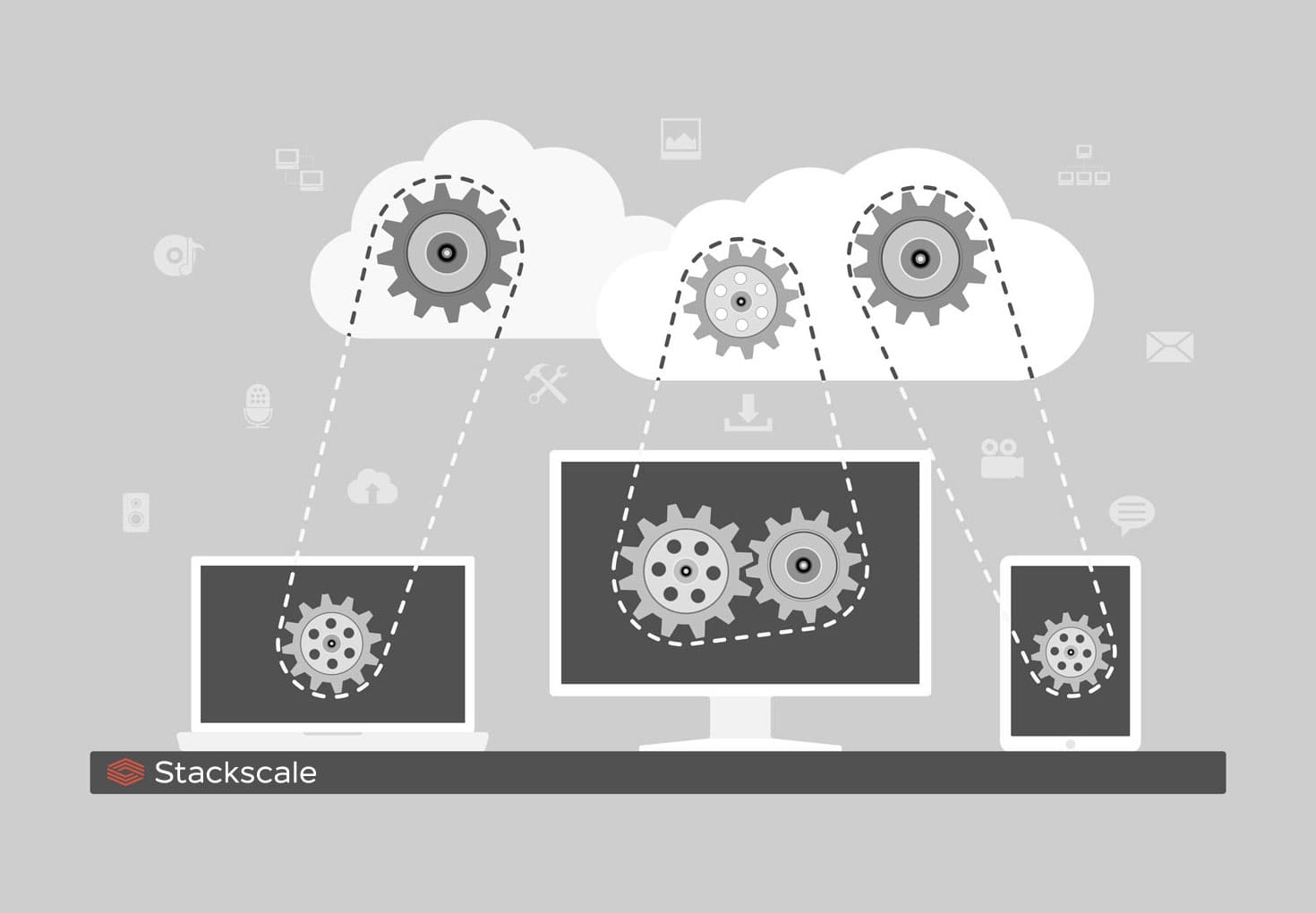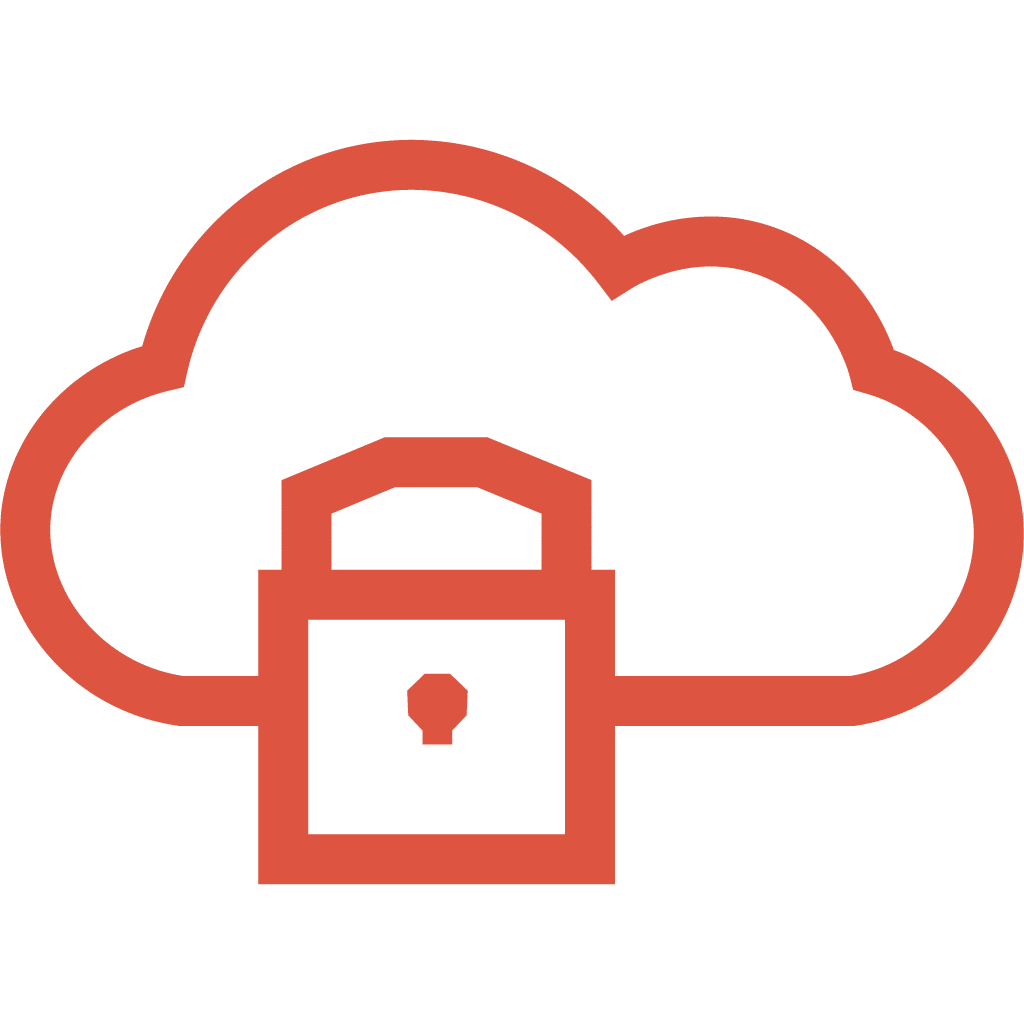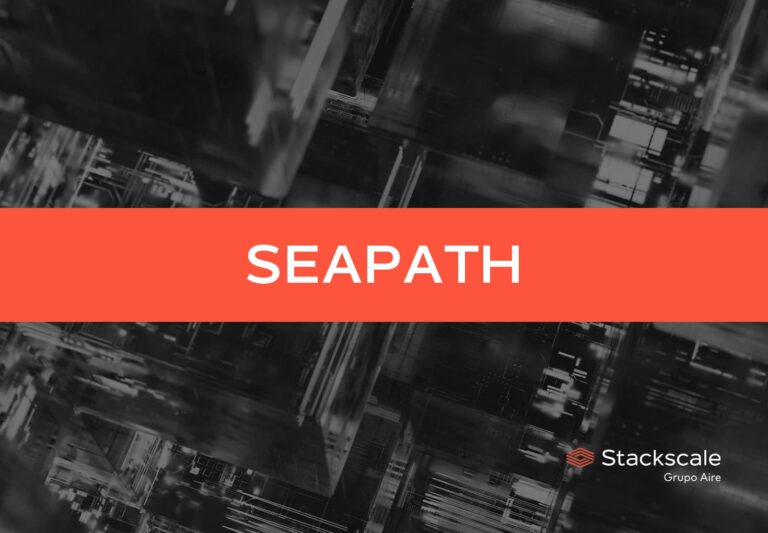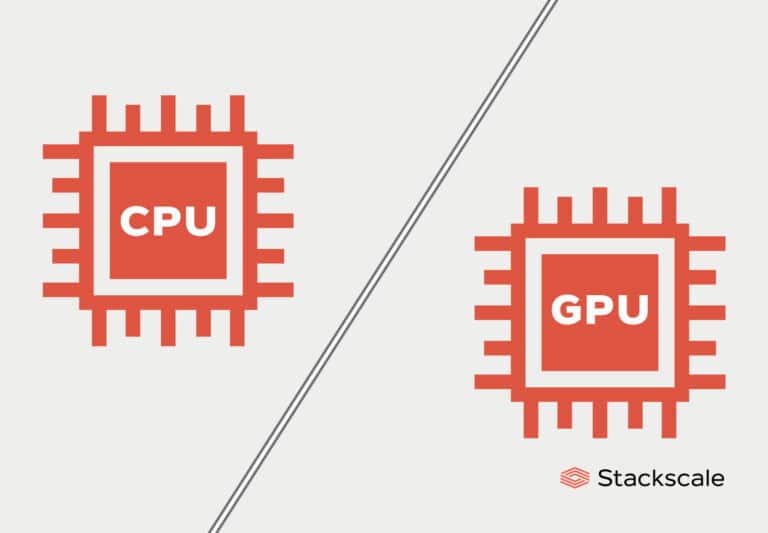The concept “oversubscription” is a term often used when talking about cloud computing. The oversubscription of resources in cloud computing happens when a shared hosting or Public Cloud provider offers a series of computing resources that exceed the available capacity, because they assume customers don’t use all the resources offered.
However, oversubscription isn’t a new concept. A similar concept would be overbooking in airlines, which consist in selling more tickets than available seats. Another example of oversubscription can be ADSL or FTTH (fiber to the home) connections, which in most cases don’t provide the capacity sold. This is due to the fact that carriers know they have an assigned bandwidth per station, but they sell that capacity multiplied by an unknown number of users.
What should you know about oversubscription before choosing a cloud?
When looking for a cloud provider it is very important to check some basic concepts and oversubscription is one of them, since it can have a significant impact on the cloud environment’s performance and cost. In general, oversubscription is usually found in Public Cloud services, so it is important to know to which extent this can affect your business and which are the cloud alternatives to avoid being affected by the oversubscription of resources.
How can the oversubscription of resources affect your cloud environment?
The oversubscription of resources usually results in what is known as the noisy neighbor effect. An effect that takes place in clouds and infrastructures that are shared among several customers, when the activity of a virtual machine (VM) causes a deterioration in the performance of another VM within the same physical infrastructure.
This can have a negative impact on the performance of your cloud environment, which can entail an uncontrolled increase in costs.
Who does usually oversubscribe resources?
Public Cloud providers tend to oversubscribe all or barely all the resources, but specially computing resources. That is why at Stackscale we strongly believe a cloud environment of exclusive use by the customer is the best option for avoiding noisy neighbors and benefiting from the maximum performance at a controlled cost.
On Private Cloud environments the resources are guaranteed because they are of exclusive use by each customer, what allows to enjoy a predictable performance without noisy neighbors. Furthermore, by contracting computing resources of exclusive use, the possibility of oversubscribing resources remains on the customer’s side, who can use oversubscription for his own benefit.
Which resources are usually oversubscribed on the Public Cloud?
CPU or physical CPU
The CPU is the number of physical CPUs in a node, dedicated server or host; depending on the number of processors (sockets), the number of cores and if the hyperthreading is set up or not.
vCPU or virtual CPU
The vCPUs are the CPUs assigned to every virtual machine or server; a number that doesn’t necessarily have to be related to the physical CPUs. When creating a virtual machine, we assign a number of vCPUs that, in turn, use the CPUs. In this respect, we can have many more vCPUs than physical CPUs since, logically, our virtual machines aren’t always running at 100%.
Here’s where oversubscription appears. An oversubscription that can’t be controlled on a Public Cloud as opposed to a Private Cloud, where all the resources are of exclusive use for your organization.
Memory
This is the available RAM memory per node that we can share among the virtual servers. Just as with the CPU, there are different techniques that allow to oversubscribe the nodes’ physical RAM memory.
Local storage
Local storage is the hard disk physically located in the node; which, as a consequence, will be unavailable in case of failover. So, it can be considered as an ephemeral storage.
Network storage
Network storage consists in storage volumes to which we access remotely through a NFS or a direct connection. As for network storage, all providers usually benefit from the use of thin provisioning and inline compression capabilities. At Stackscale, we transfer these benefits to customers as well. Furthermore, our network storage solutions based on NetApp are completely redundant and widely oversized.
IOPS
IOPS are input/output operations per second. A piece of data to consider since the bigger the IOPS capability, the bigger the performance to write and read data. This will depend on the type of applications and services you deploy.
Traffic among servers
Traffic among servers is the traffic that goes through private networks within the same infrastructure and it is free of charge for the customer.
Internet Traffic
Internet Traffic is the available flow between the infrastructure and the Internet. Stackscale offers 40Gbps per node without limiting bandwidth, which is billed per use and according to the traffic by GB transferred or the 95% percentile model.
The resources we have just mentioned can be oversubscribed. The parameter used for knowing the level of oversubscription of each resource is the oversubscription ratio.
If you are looking for a cloud solution without noisy neighbors, with exclusive use resources and a predictable performance, contact our Private Cloud experts’ team and they will help you design a custom-made environment for your project.





